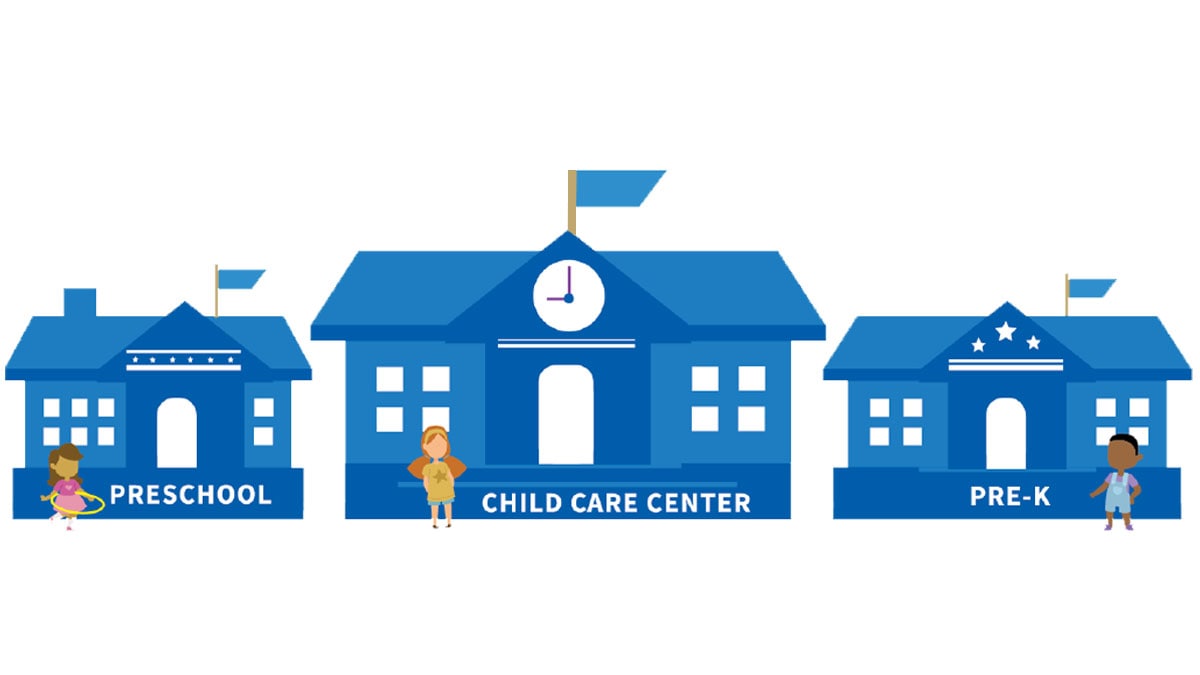What to know
Early Care and Education (ECE) state licensing can help ensure that health and safety rules are followed by licensed childcare programs. Licensing regulations can also encourage widespread adoption of standards that promote healthy eating and physical activity. Learn more about licensing as a tool to promote healthy growth and prevent obesity in ECE settings.

Background
Across the country, ECE programs must follow specific regulations, including health and safety rules, to operate legally. These programs include childcare centers, large family care homes, and small family care homes.
State-mandated licensing requirements help states invest in a healthier future for their youngest children. Licensing regulations can also encourage widespread adoption of the high-impact obesity prevention standards (HIOPS) that promote healthy eating and physical activity. States typically update their licensing regulations about every 3 to 5 years.
Benefits
Millions of young children in the United States attend ECE programs each week. This makes ECE an important setting for teaching healthy habits early in life.
High-quality ECE programming can have a positive impact on a child's:
- Social-emotional wellbeing.
- Educational achievement.
- Health.
- Socioeconomic outcomes later in life.
Getting started
Many states have adopted licensing requirements that go beyond traditional health and safety rules. These include health-promoting standards, such as infant brain development, emotional well-being, healthy eating, and physical activity.
To get started, refer to these two key resources: the State Licensing Scorecard and the annual Achieving a State of a Healthy Weight report.
CDC's state licensing scorecards
The scorecards assess how well a state's licensing regulations support HIOPS. Use your state's licensing scorecards to:
- Identify areas for improvement.
- Know how your state compares to national data.
- Help mobilize partners to adopt HIOPS in licensed ECE programs.
Achieving a state of a healthy weight
Each year, CDC supports the University of Colorado to publish this report and supplemental state tables. The report and tables illustrate how well state licensing regulations support the HIOPS.
